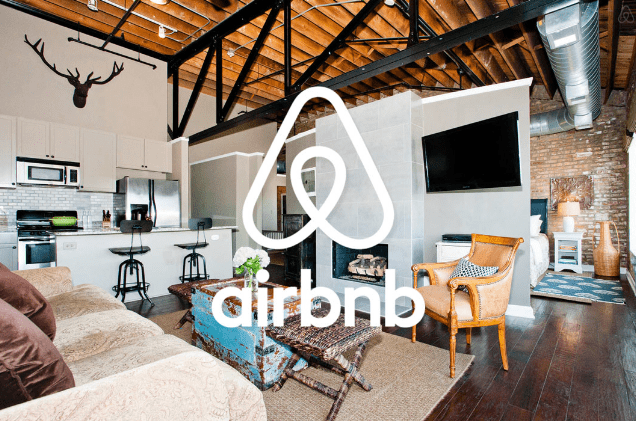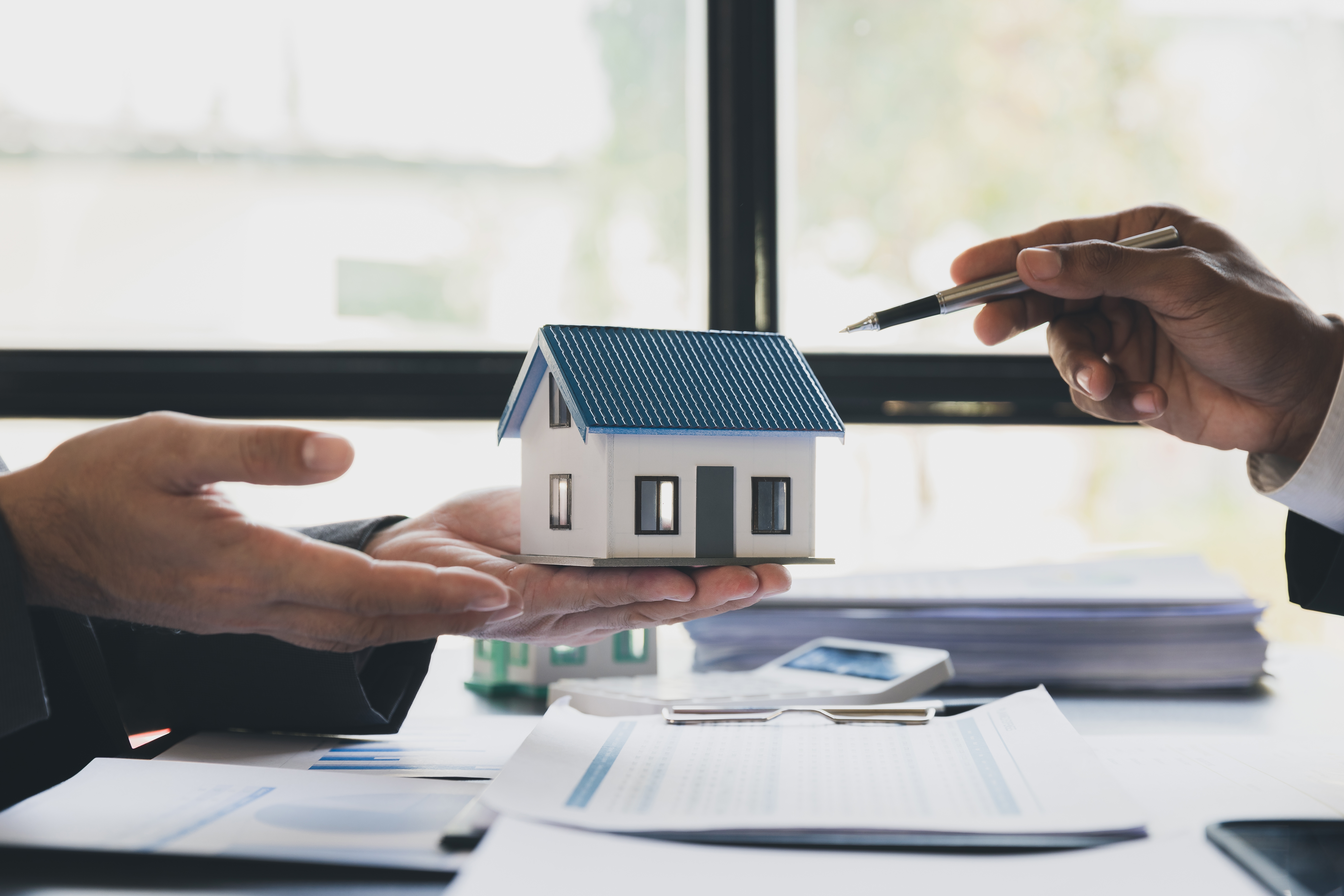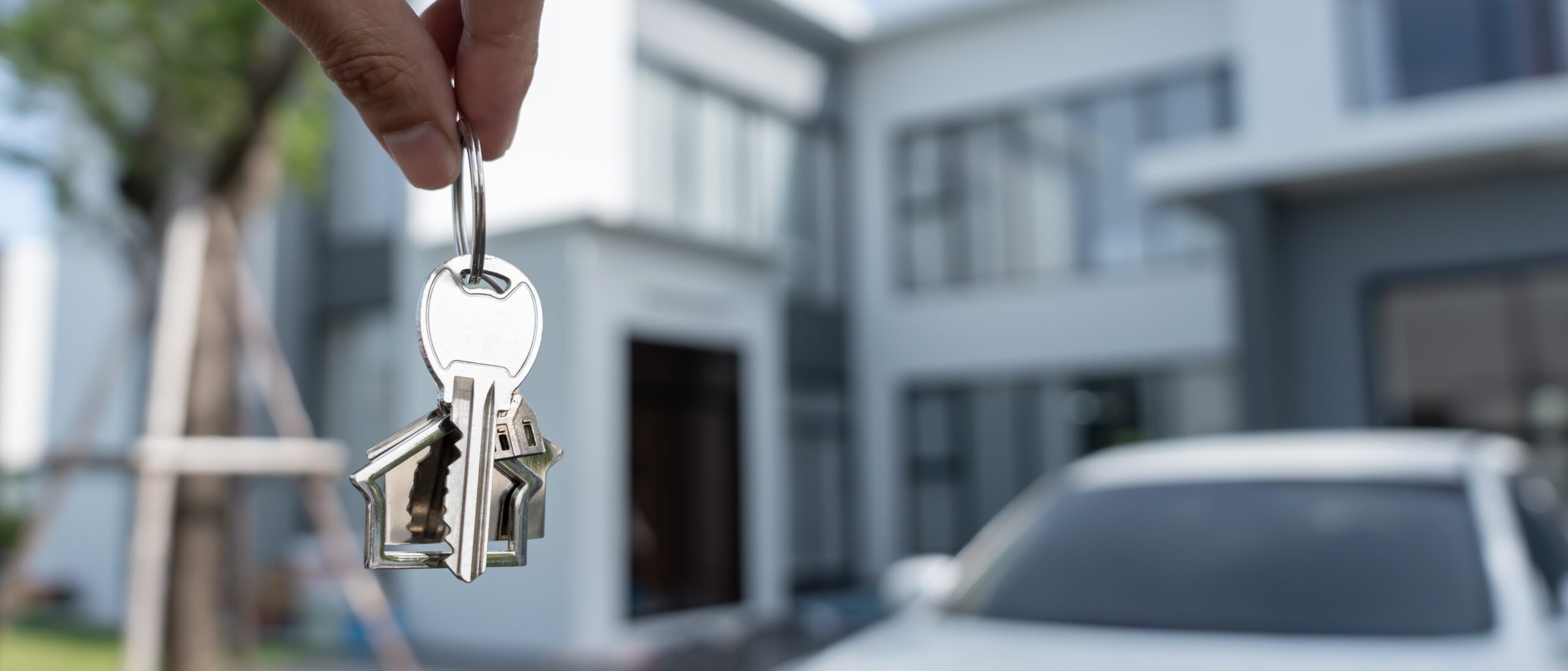In recent years, tourism trends influenced by the ideas of the sharing economy have been gaining momentum and Airbnb properties and short-term rental as an alternative to hotels, Bulgaria is not to be missed. But are there risks in short-term renting out an apartment on Airbnb, and how can we protect ourselves from them?
More and more owners prefer to rent their property short-term due to a number of reasons that stand out as advantages of this type of rent: higher income than the traditional, long-term option; flexibility in pricing according to occupancy, seasonality; use of the apartment by the owner for personal needs; partial rental of the property (room only) on Airbnb and others. All these positives, however, entail certain risks for the owners and are often the reason why they do not resort to this option in the end and bet on the safe side.
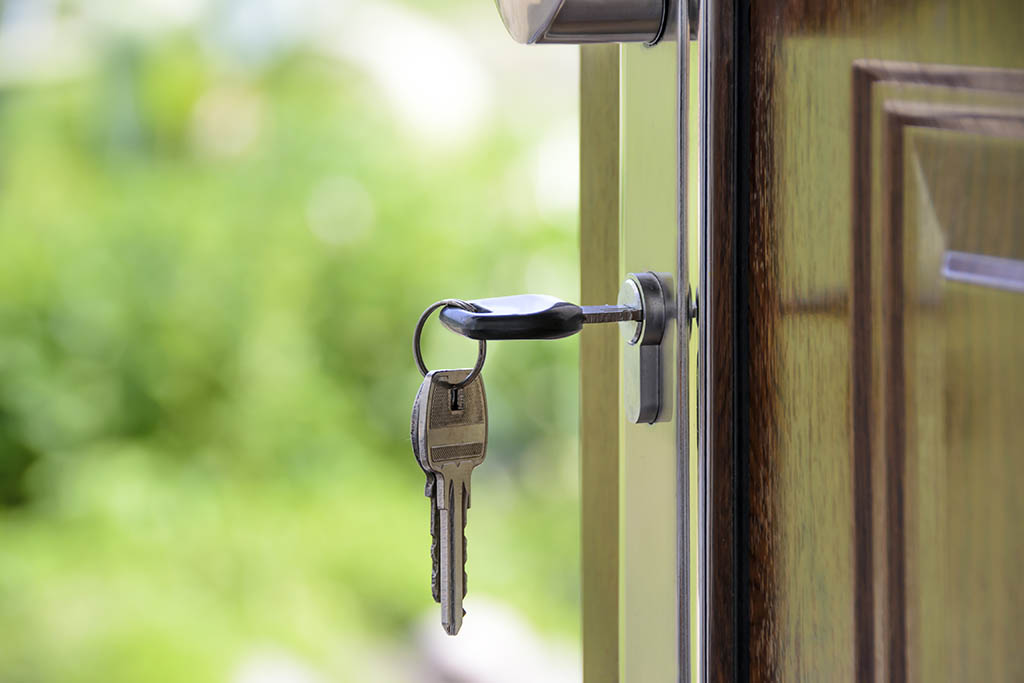
Turning your home into a hotel is an endeavor that unfortunately cannot be completely hassle-free and guarantee absolute security for every booking and from every guest. However, there are various preventive measures you can take and ways to minimize the risks and prevent possible damage and unpleasant guests in your home. As experts in this field, let us introduce you to them in a little more detail:
1. Inform yourself about your guests
Select your guests based on how trustworthy their profile seems. You can try to learn more about them about the purpose of their trip - how many and what kind of people will be staying, study their social media profiles to find out how legitimate they are. If the account is newly created and doesn't have a natural-looking profile picture, that should immediately alert you that something doesn't look right. One of the most useful features of renting out an apartment through Airbnb is that Airbnb also allows you to view reviews that other owners have left for these guests from stays in their apartments. If something seems suspicious to you, just don't take unnecessary risks.
2. Communicate with them
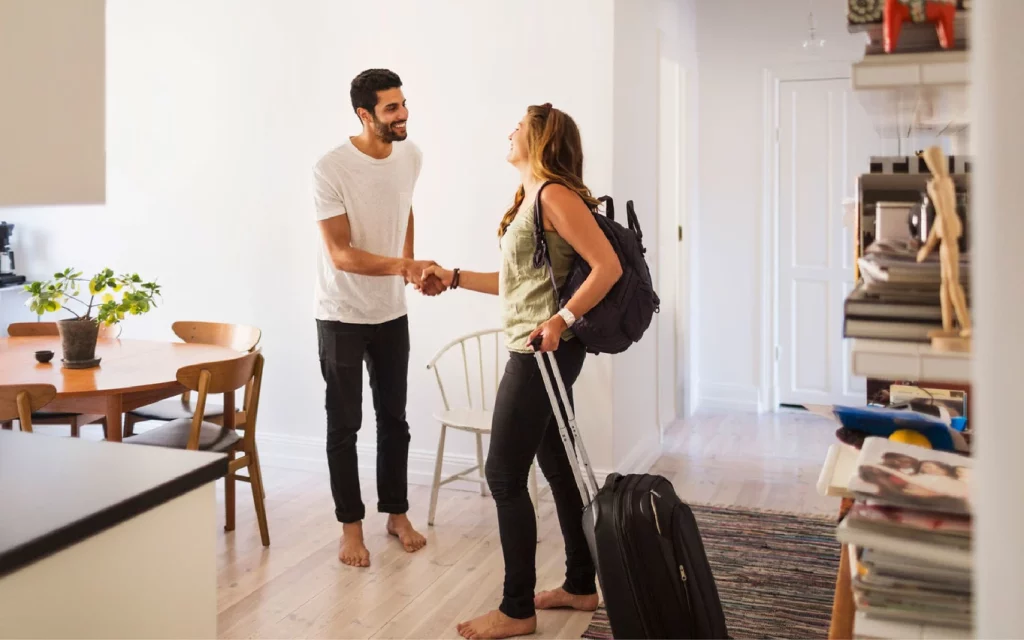
When your guests send an inquiry try to extract more personal information about them - where they are from, who they will be traveling with (if they are not alone), why they chose your apartment, do they have any special requirements (for a child for example) and will you be able to satisfy them. Try to create a more personal connection with the guest himself - after all, this is one of the original principles of renting out an apartment through Airbnb. Some guests expect the owners to communicate with them and be there for their every question. Others prefer peace and no one bothers them unnecessarily. Explain to your guests what their expectations are and what you can actually offer them, so that there are no disappointments.
3. Stick to the rules
Airbnb strives to always ensure the safety of both guests and owners. In order for this to be possible, the rules must be followed on both sides, namely one of the main ones is that communication takes place only and only through the official platform in writing. In this way, the communication is documented and can be traced by Airbnb if for some reason there is a discrepancy between the guest and the owner and the platform has to act as an arbiter in the dispute between the two parties. Avoid using mobile messaging through WhatsApp, Viber, social networks and others to discuss any matters with the guest. Do not agree to additional arrangements related to payment in hand, additional requirements and the like. Use the contact phone only in extreme cases and in case of urgent need.
4. Insure your home
Although the policy for renting out an apartment through Airbnb covers the owners with insurance up to $1 million, don't rely on her alone. However, everything happens - for example, in the event of a flood, in which the guest may not be at fault, it is good to be insured. Take out your own insurance for your real estate - the Bulgarian market currently offers home insurance with premiums of around BGN 50 to BGN 200 per year with various coverages, including theft, fire, flood and rent for alternative accommodation. Remember that Airbnb rental insurance does not cover damage to property in the apartment.
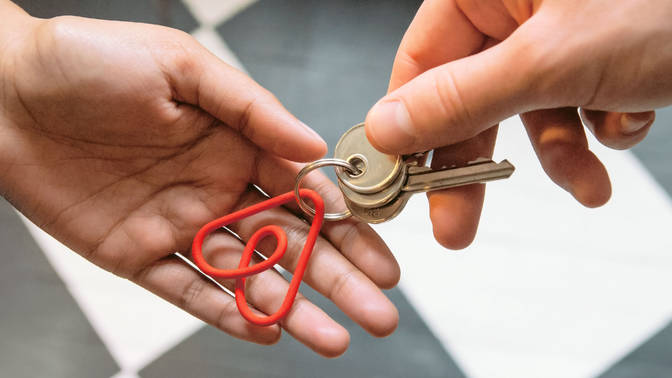
5. Deposit
Require a deposit from guests in case of damages, especially if you are not able to ascertain damages immediately after each guest's departure. This is the surest way to have the peace of mind that if something happens you will be able to cover at least some of them. In case of damage, you can use "Airbnb Resolution Center" where you require it to be paid by the guest. If he agrees to the amount and admits his fault, you will be compensated. If there is a disagreement between the two parties after renting out an apartment through Airbnb, the platform itself has the right to make a final decision. Keep any evidence such as a photo of the damage, payment documents for its removal and others that would be useful in such a case.
6. Equip your property properly
Remove all valuables and items of sentimental value that you would not be able to get back even if the damage is paid. Video game consoles, a home theater system, an expensive vase or painting would make your home more attractive to guests, but also much more prone to accidents. Leave a fire extinguisher, a first aid kit and a smoke detector in your home - it is better that they never come into use, but it is important that they are available because they would save possible bigger damage. These three things are one of the basic requirements of Flat Manager for every apartment we manage.
7. Method of self-accommodation
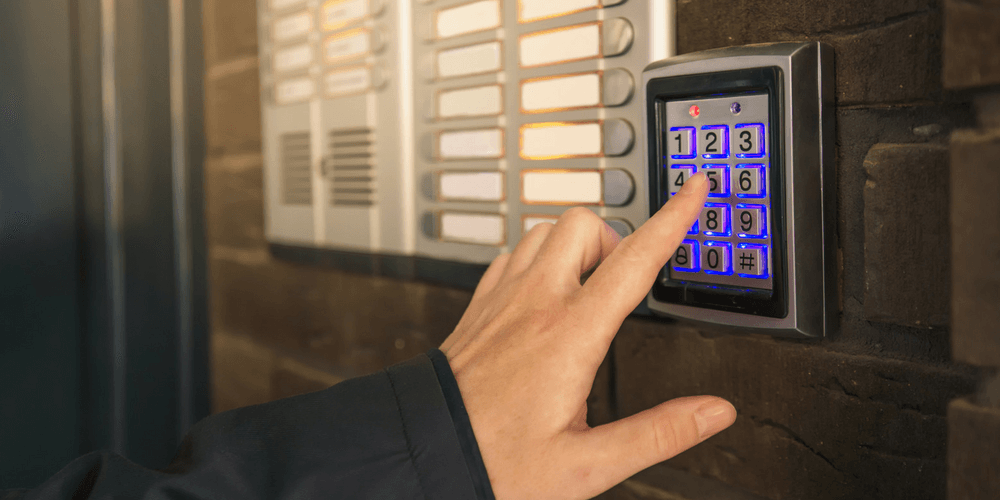
This method gives you the freedom not to waste unnecessary time in accommodating guests or for example if you want to have no personal contact with them. This option is also preferred by guests, as they do not have to arrange with you where and how to meet to hand over the keys and check them in. If you use this method, however, it is strongly recommended that you periodically change the access codes to the box or lock. There are also more modern ways to check in with code locks. With them, the advantage is that you can change the codes often and be even more sure that a previous guest will not "visit" you again.
8. Set clear requirements and rules
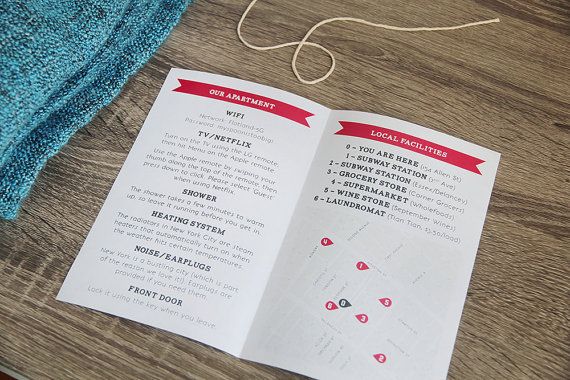
Let guests know what the rules are for using your home, both in the listing itself before they reserve, and in the home itself. Post a clear list of dos and don'ts, such as no noise between 2 and 4 in the afternoon and after 10 at night, no parties allowed, no pets and no smoking. However, this in your home and your guests should respect this. Also leave useful information with emergency numbers for local authorities.
9. Notify your neighbors
Although in most cases the neighbors often turn out to be staunch opponents of this apartment on the block being rented out to unknown "hippies" who will be banging and banging their suitcases every day while they enjoy their afternoon nap if you have cool and open-minded neighbors, ask them to keep an eye out for suspicious guests and let you know if there's a problem.
10. Security System
If you live far away - outside the city or country where you are renting out your property and do not have direct access to it, you can take the next level of safety and install a security system that includes remote access control, cameras at the entrance and exterior, motion sensors etc. This would give you more peace of mind if you are a remote renter.
If the last step already seems a little excessive to you (as it did to us!) and you are starting to give up on the idea of short-term renting out an apartment on Airbnb, you can entrust the management of your property to the professional team at Flat Manager. We are we care as much as possible for your home to look as it did when you handed it over to us. We are checking every apartment periodically, we work with self-accommodation method, we notify the owners for damages and immediately if necessary we file a claim to the guest via Airbnb at your expense. We keep in touch with the guests 24 hours a day and we are always welcome in emergencies. Get to know our services in more detail and contact us For more information!
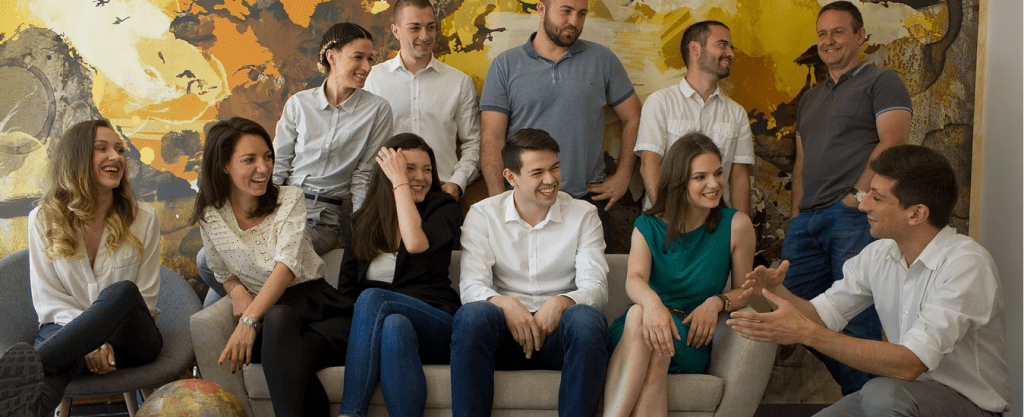
Part of our smiling team that is constantly growing!

